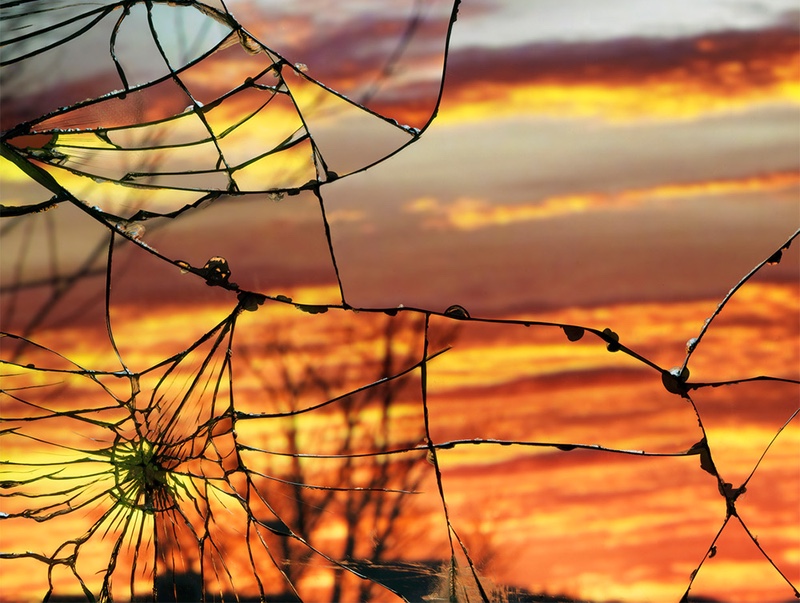“Anger and tears create the space for the work of the Spirit. They are the groaning of the Spirit for renewal of creation and an expression of compassion thus revealing a deep spiritual well. To fear our tears or to suppress our anger is to block the power of the spirit springing forth from within our spiritual wells to resist death and to sustain and renew life.” – Elizabeth Conde-Frazier
“Give me storytellers, and I will rule the world. Indeed all worldly power begin in storytelling and reaches its greatest leverage in story believing. Even more amazing is the work of story on the body. The body, even if fully clothed, is naked without story. In fact, no body moves and breathes, lives and grows without being completely covered in stories. The stories unleashed on us by the storytellers greet us in the morning and follow us through our daily journey. They stare out at us through our eyes, constantly teaching us how to see ourselves and others. Storytellers make our bodies for us, forming narrative fabric so tightly aligned with our skin that it becomes our skin.” – Willie James Jennings
This past Saturday, my family participated in a protest with our local community in Roswell, GA. The protest was full of prayers, proclamation, calls for justice, marching, and joy resisting despair (frankly, it was the most church I’ve experienced in months). In addition to prophetically calling attention to the ongoing senseless suffering that so many marginalized communities continue to experience, the protest reminded me of the vast diversity of lived experiences, and of the dominant narratives that are forming us, training us, shaping us, often in deep, tectonic, unconscious ways. These experiences and narratives are often unfolding side by side in the same communities, frequently overlapping, but we have been trained not to see them (or each other).
Over the last two decades, my wife and I have been members of several predominantly minority or multi-ethnic congregations, and during that time it has become abundantly clear to me there are principalities, powers, and rulers in our world who do not want us to encounter the narratives of “the other” (to use Dietrich Bonhoeffer’s language), especially when the other is the historically marginalized or oppressed. These systems of power that narrate and shape our social, economic, racial, political, and even geographical lives benefit immensely from those of us in majority cultures remaining disconnected and dismissive of marginalized narratives, instead feeling safe, secure, and sealed off. There are forces that prefer followers of Jesus to keep their faith nice, neat, compartmentalized, primarily therapeutic, private, and unprophetic. It is a vicious, sinful cycle that disproportionally affects the marginalized, but which is indeed detrimental to all of us, to our faith, and to the flourishing of our communities. And it is often done under the guise of “keeping the peace,” rather than “making peace.”
Predominantly white church traditions in the U.S. have a long history of participating, enabling, and promoting these types of destructive narratives. At times it has been conscious and malicious, at other times unconscious and naïve. But at all times it is inexcusable and requiring repentance. And right now, this ongoing dynamic is being exposed in dramatic fashion. As Adam Mixon put it during our webinar last week, “…These outbreaks are symptoms of a deeper issue that has existed since this nation’s inception. Now, it is being laid bare. At the onset, we have to acknowledge that. What we are seeing is a graphic unveiling of what has existed all along…” So also, Walter Brueggemann: “It seems to me that in the white community that there are some things that are now quite certain. It is certain that the narrative that we have been trusting is false. It is certain that that narrative has failed…. There is a readiness among many people to have that truth said out loud….” Amen. Last I checked, the truth will set us free.
But will we say the truth out loud? You might consider utilizing this series of conversation starters that our team has been using with congregations over the past few years.
- What narratives are shaping your congregation and community? What are the consequences?
- How have some narratives in your community empowered some while alienating or marginalizing others?
- Whose stories in your community are not being told? Why not?
- Who have you been trained not to see?
- What are the formative narratives of your congregation/tradition that require critical engagement?
- What narratives have shaped you that you need to abandon?
- What stories from your community does your congregation need to hear?
- What stories are you uniquely positioned to tell? When will you start telling those stories?
- And how does the story of God’s love for the world in Jesus Christ speak to all the above?








No Comments